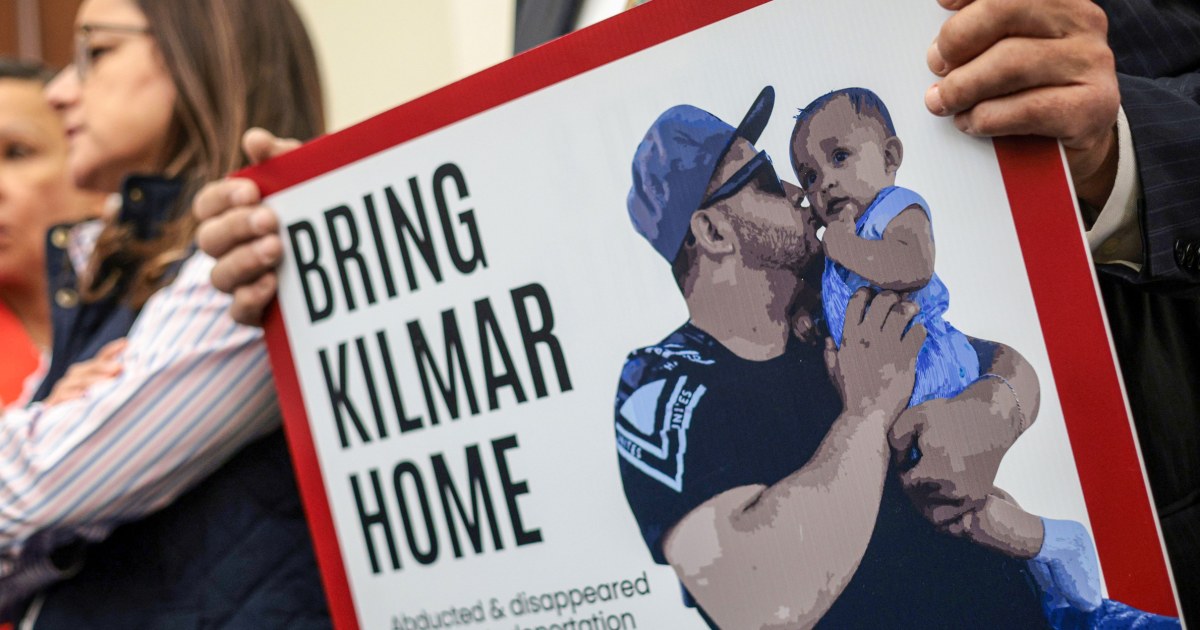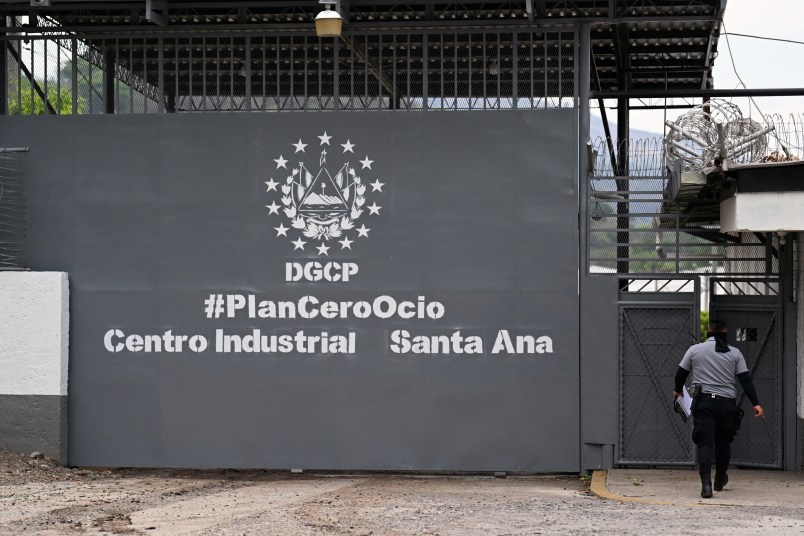Trump Administration Requests Delay in Discovery for Wrongfully Deported Migrant Case
The Trump administration seeks a delay in court-ordered discovery related to Kilmar Abrego Garcia's wrongful deportation, citing claims of privilege.
Subscribe to unlock this story
We really don't like cutting you off, but you've reached your monthly limit. At just $5/month, subscriptions are how we keep this project going. Start your free 7-day trial today!
Get StartedHave an account? Sign in
Overview
A federal court has accused the Trump administration of ‘bad faith’ in its handling of Kilmar Abrego Garcia’s case. Despite a Supreme Court ruling to return him to the U.S., the administration filed for a stay on the judge’s discovery orders. This case highlights ongoing tensions between the executive and judicial branches over immigration enforcement and judicial authority.
Report issue

Read both sides in 5 minutes each day
Analysis
- The Trump administration is seeking to pause legal proceedings in the case of Kilmar Abrego Garcia, who was mistakenly deported to El Salvador, arguing that it has faced obstruction in complying with discovery obligations.
- U.S. District Judge Paula Xinis has accused the Trump administration of bad faith and has ordered it to provide detailed information regarding its efforts to facilitate Garcia's return to the U.S.
- Legal debates have emerged around the administration's claims of privilege over what actions it has taken or can take to retrieve Garcia, highlighting tensions between the executive branch and the judiciary.
Articles (7)
Center (2)
FAQ
The Trump administration requested a delay in discovery citing claims of privilege and filed a sealed motion to pause discovery for seven days after a federal judge ordered them to respond more fully to discovery requests related to Abrego Garcia's wrongful deportation.
The federal judge accused the Trump administration of 'bad faith,' stonewalling, and non-compliance by providing ambiguous and non-specific responses to discovery requests, failing to disclose important information about Abrego Garcia's deportation, and refusing to cooperate fully with the court-ordered investigation.
Kilmar Abrego Garcia, a Salvadoran native living in Maryland with his family, was wrongfully deported in March to a Salvadoran prison despite a 2019 court order barring his deportation due to fear of persecution. The Trump administration claimed he was affiliated with the MS-13 gang, which Abrego Garcia and his wife deny. The Supreme Court had ordered his return to the U.S.
The judge ordered an expedited and intensive two-week discovery investigation, ordered government officials to testify under oath, and criticized the administration's boilerplate objections and lack of good faith response. The judge has characterized the administration's conduct as deliberate and intentional non-compliance.
The case highlights ongoing tensions between the executive branch and the judiciary over immigration enforcement and judicial authority, showcasing disputes over compliance with court orders in cases involving wrongful deportation.
History
- This story does not have any previous versions.





